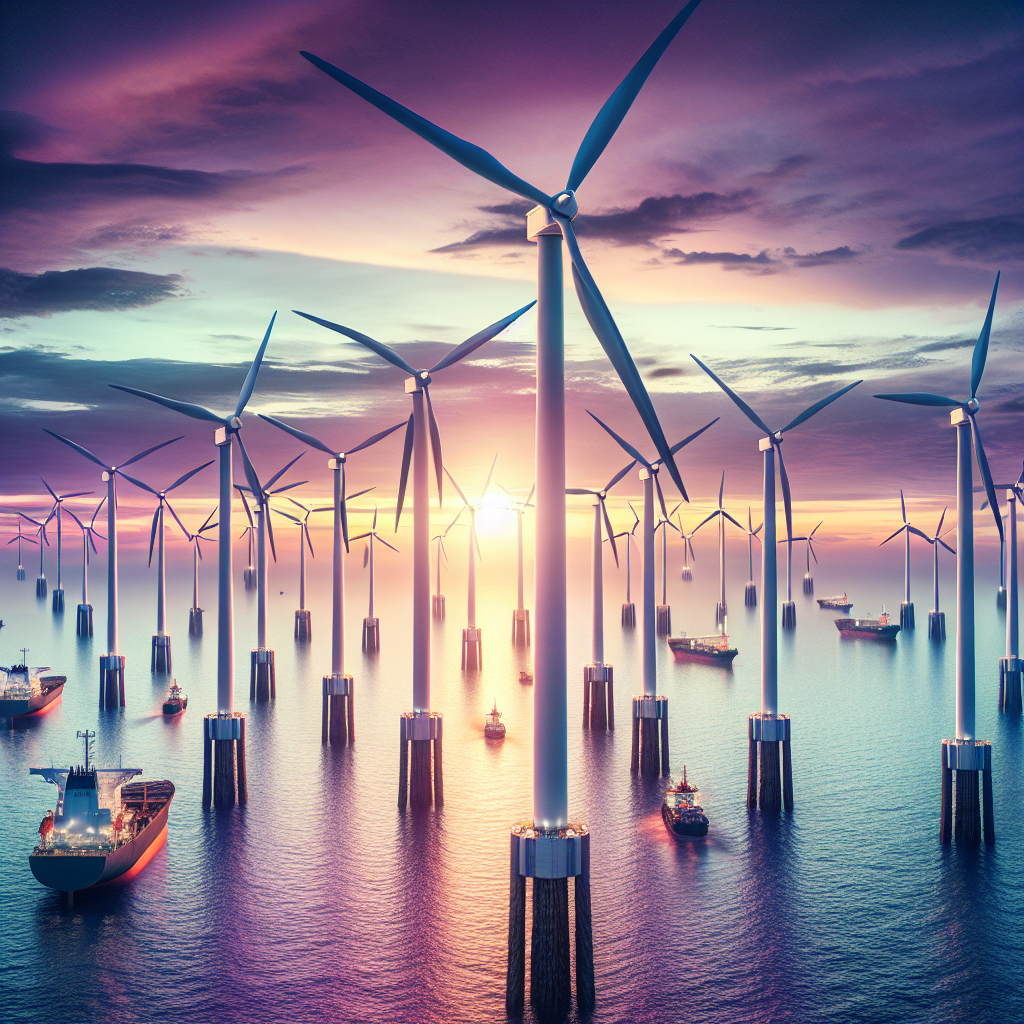ADB and ACWA Power Launch $51m Wind and Battery Energy Project in Uzbekistan
The project will be implemented by ACWA Power Beruniy Wind FE LLC, a wholly owned subsidiary of ACWA Power, which has an expanding portfolio of renewable projects across Central Asia and the Middle East.

- Country:
- Uzbekistan
The Asian Development Bank (ADB) and ACWA Power Company have signed a $51 million loan package to finance the construction of the Nukus 2 Wind and Battery Energy Storage facility in Uzbekistan’s Qoraozak district, Republic of Karakalpakstan. This pioneering initiative represents Central Asia’s first wind power project integrated with a utility-scale battery energy storage system, setting a new milestone in the region’s renewable energy transition.
Financing and Partners
The loan package includes:
-
$25.4 million from ADB’s ordinary capital resources.
-
$25.4 million from the Leading Asia’s Private Infrastructure Fund 2 (LEAP Fund 2), administered by ADB.
Several international financial institutions are acting as parallel lenders, including the Asian Infrastructure Investment Bank (AIIB), the Dutch Entrepreneurial Development Bank (FMO), Standard Chartered Bank, and Saudi EXIM.
The project will be implemented by ACWA Power Beruniy Wind FE LLC, a wholly owned subsidiary of ACWA Power, which has an expanding portfolio of renewable projects across Central Asia and the Middle East.
Project Scope and Capacity
The Nukus 2 project will involve the construction and operation of:
-
A 200-megawatt (MW) wind power plant.
-
A 100-megawatt-hour (MWh) battery energy storage system (BESS).
-
Associated transmission infrastructure to connect the facility to Uzbekistan’s national grid.
Once operational, the plant will:
-
Generate approximately 727,980 MWh of clean electricity annually.
-
Reduce 406,170 tons of CO₂ equivalent emissions per year.
-
Create over 200 local jobs during construction and operational phases.
Strengthening Uzbekistan’s Energy Transition
According to ADB Country Director for Uzbekistan Kanokpan Lao-Araya, the project represents a transformative step in modernizing the country’s energy system.
“By combining wind energy with a battery energy storage system, the project will enhance grid stability, improve energy reliability, and support the country’s goal of achieving 54% renewable energy in its electricity mix by 2030,” she said.
To further support the project, ADB has provided a $7.5 million credit guarantee, backed by the Government of Uzbekistan. This guarantee reduced financial risk during the bidding process, encouraged greater competition among investors, and helped secure a lower electricity tariff for the project.
Alignment with National and Global Goals
The Nukus 2 project is closely aligned with Uzbekistan’s Strategy 2030, which seeks to:
-
Add 25 gigawatts (GW) of renewable energy capacity by 2030.
-
Achieve a 35% reduction in greenhouse gas emissions per unit of GDP.
It also supports ADB’s corporate priorities in climate resilience, gender equality, and private sector development by ensuring women’s participation in the workforce and encouraging inclusive employment policies.
Broader Context: ADB-Uzbekistan Partnership
This year marks the 30th anniversary of Uzbekistan’s membership in ADB, which began in 1995. Over three decades, ADB has committed more than $14.3 billion in public and private sector loans, grants, and technical assistance to support the country’s economic development.
The Nukus 2 project builds on earlier ADB-backed initiatives in renewable energy, including solar and wind tenders that have positioned Uzbekistan as a regional leader in clean energy investment. With its combination of wind generation and energy storage, Nukus 2 is expected to serve as a model for future hybrid renewable projects in Central Asia.
A Landmark for Central Asia
Beyond Uzbekistan, the project signals a broader shift in Central Asia’s approach to energy development. By integrating storage with renewable power, Nukus 2 demonstrates how countries in the region can simultaneously address energy security, environmental sustainability, and economic diversification.
As global energy demand rises and climate goals tighten, such projects highlight how international financial institutions and private developers can work together to deliver innovative, low-carbon solutions.










